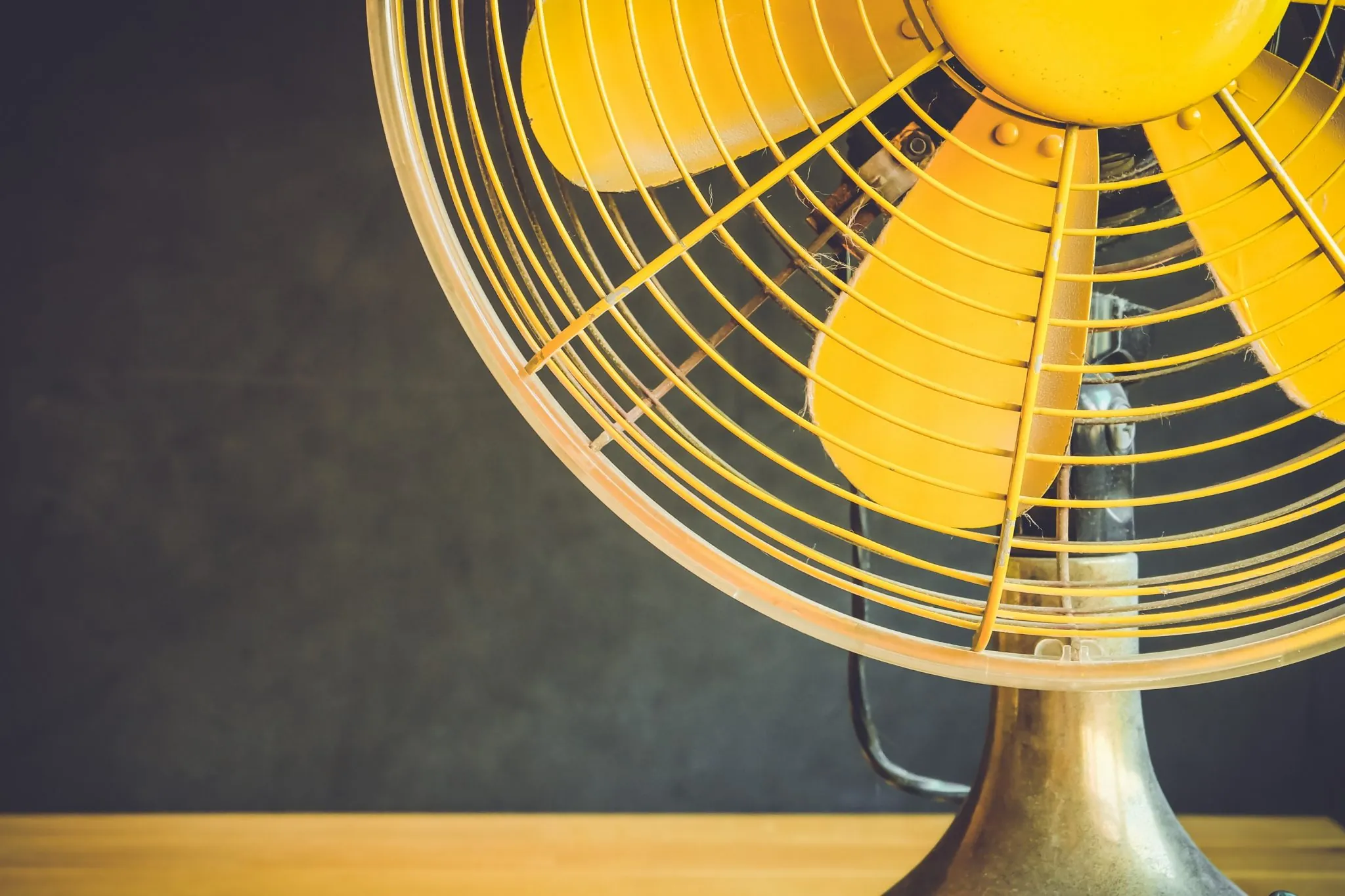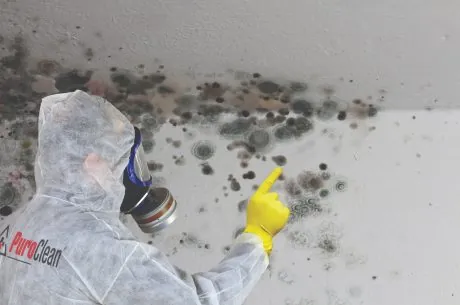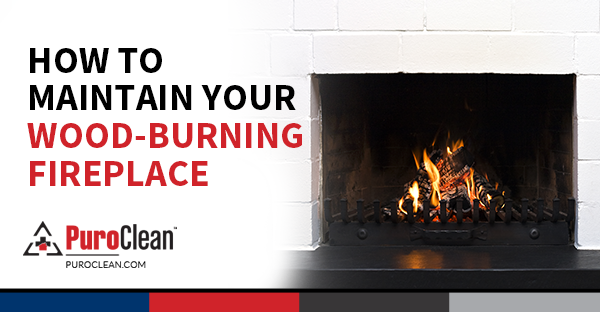By Rebecca Anderson, FH Air Conditioning
With the kind of summers we’re having these days, there is no way we’d let a day go by without running our AC system at home at full throttle. That, however, means we have to brace ourselves for a huge energy bill at the end of the month. Air conditioners are already beasts when it comes to energy consumption. With the sweltering days of recent summers, our AC units are poised to become full-on, power-devouring machines.
We don’t have to pay a small fortune every time the energy bill is due though. AC units might use a lot of electricity, but that doesn’t mean there aren’t ways to get some energy savings in the summer. An AC tune-up, for example, can help guarantee that your air conditioning system will run more efficiently. Here are some HVAC tips and tricks that will lead to energy savings for the summer.
More shade
With so much direct sunlight expected to hit your house during the summer, your home will become hotter and force your AC system to work harder and consume a lot more power in the process. By putting up more shade around your property, you should be able to deflect much of the sun’s rays. Curtains, drapes, and Venetian blinds should also be able to keep the sun out of your home as well.
Set the thermostat at 78 degrees
Instead of setting the thermostat to the low 70s, make it 78 degrees instead. It’s enough to keep you and everyone else cool. If you’re feeling a little hotter than usual, just sit still and let your body adjust to the temperature inside the room. You will feel more comfortable in a minute or two.
Dress appropriately
Instead of turning the thermostat to near-freezing settings, why not just dress in a way that’s more appropriate for the weather, like wearing tank tops and shorts. You’ll feel so much cooler than if you wore more clothes and you won’t have to tinker with the thermostat.
Plug those leaks
One of the HVAC-related things that lead to huge energy costs is the presence of cracks, gaps, and holes through which the air that you’re paying money to cool readily escapes. So do what you can to plug those holes because you can’t expect not to spend much on your energy bill when your house is leaking.
Keep your AC air filter clean
Even if you had an AC unit tune-up before summer set in, it would still be better if you keep the air filter clean just the same, particularly a month after you had maintenance done on the air conditioning unit. Your air filter will have gathered a nice layer of dirt and dust by then. Clean it to prevent all that dirt from impeding air flow and forcing your AC unit to work harder, which leads to higher energy bills.
No lights during the day
While LED lights are efficient, the heat that they give off can still render an AC unit inefficient. You can stop them from contributing to the heat inside your home by keeping them turned off while the sun is still up unless you need them turned on, of course.
Use ceiling fans instead of your AC
Every summer, there’ll be days that aren’t so hot, so pay attention to the weather forecasts, mark the expectedly cooler days, turn your ceiling fan on (if you have one), and give your AC system a break when those days come.
You can actually use any fan, but ceiling fans are more recommended since they do an excellent job of dispersing cool air more evenly.
Keep your thermostat away from the heat
When your thermostat is getting hit by direct heat or is near any heat source, expect it to prod the AC unit to continue cooling the place and only tell it to rest once it senses that the temperature has gone down. With all that hard work, your AC unit is going to use a lot more energy and you’ll be paying a lot more money for it.
Put your thermostat in places where there are no heat-generating appliances anywhere nearby or where the sunlight won’t hit it.
Don’t cook inside, if possible
Conventional ovens and stoves contribute a lot to heat buildup inside the house, so how about cooking outside the house instead, at least during the day? If cooking outside is too hot for you, then cook inside the house using your microwave oven, which doesn’t generate heat.
These are just a few of the tips and tricks that will prevent your energy bill from skyrocketing. Stick to them and you’ll surely see an improvement in your energy efficiency during the summer.




